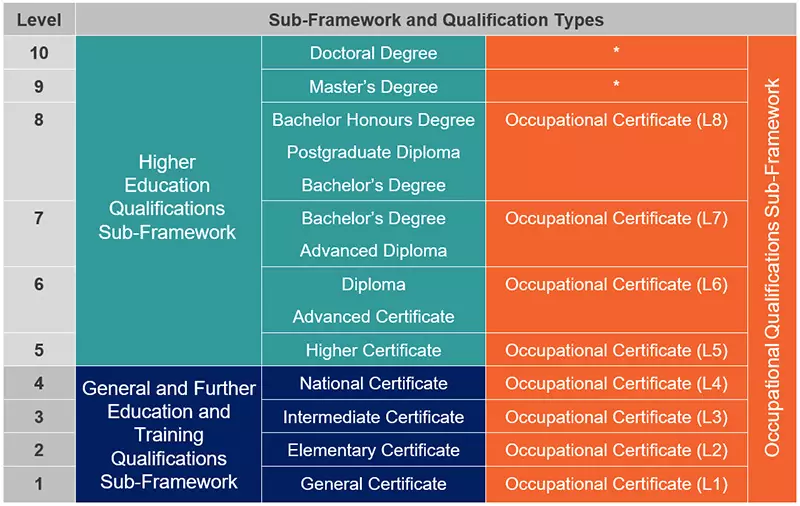In today’s global and ever-changing environment, effective supply chain management is crucial to ensure that spare parts are available on time when required in support of the maintenance activity. Asset reliability and maintainability can only be achieved when backed up by effective purchasing, stock-holding and provisioning systems and processes within an organisation.
Effective inventory management of spare parts is essential to many companies, ranging from capital asset owners to Original Equipment Manufacturers and service providers. Different from work-in-process (WIP) and finished product inventories, which are driven by production processes and customer demands, spare parts are kept in stock to support maintenance operations and to protect against equipment failures.
Gordian recently assisted a manufacturing client to optimise their spare parts management practices and approach, which lead to a huge reduction in working capital of spares.
Classification of stock revealed overstock
At many companies, the amount of unnecessary stock can be enormous. Classification on price and demand frequency revealed that over 80% of the stock value sits in expensive parts, particularly slow and non-movers.
Reduce stock by resetting Min-Max levels
Despite the relevance, spare parts management is often demoted to setting minimum or maximum levels on an intuition basis with often scattered responsibilities without the organisation. Stock reduction for moving parts is possible by optimising Min-Max levels by making use of (historical) demand and supply information. A stock reduction of 35% is expected by the client within two years after resetting the parameters.
Tooling enabled quick business crosschecks
By using Gordian’s Spare Parts Management (SPM) Studio state of the art tooling,, the parameters were calculated. The client cooperated in performing business crosschecks and exception analysis (outliers) to validate the inventory parameters.
Rationalising stocking decisions for expensive slow /non-moving parts
Spare parts should particularly be available when down time becomes a risk. Those parts are often expensive, slow and non-movers. With a lack of historical (data) you cannot base your decisions on statistics. Instead it becomes a multi-disciplinary challenge to come to a rationalised decision between maintenance, logistics, procurement and finance. A decision tree was developed to determine the stocking strategy taking the expected demand, criticality and supply risks into account. Furthermore a practical procedure was developed to make economically sound decisions with regard to excess stock.
Sustain improvements by periodical support
The client will have an improved overall balance between working capital, availability and operational costs. However to sustain and further improve the results, a closed continuous improvement cycle is a major success factor. The best results can be achieved by monthly support to monitor, analyse and update stocking parameters.
Pragma worked in partnership with Gordian, a Dutch-rooted company focused on spare parts management. Pragma and Gordian believe that combining their expertise creates synergy and results in an outstanding offering to clients both in South Africa and abroad.
Enquiries can be directed to Gordian’s representative in South Africa, Tycho Lejeune on [email protected].

